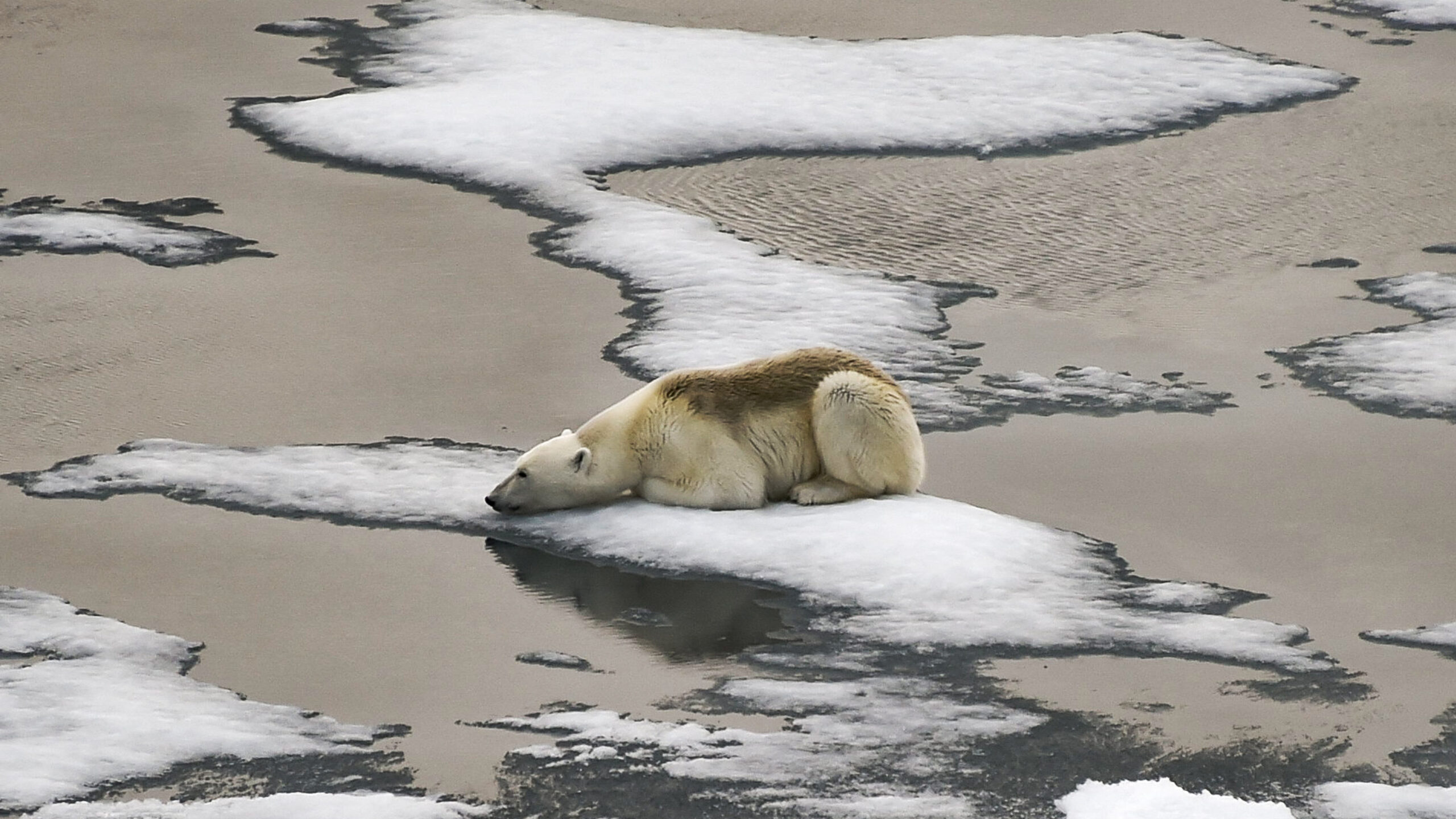

The latest edition of our Sustainable Views newsletter
Dear reader,
There is no shortage of research warning about the dangers of climate change, yet awareness of climate change is on the wane, according to certain sources. Only half of the respondents to a 2023 report on climate fatigue by Allianz were familiar with the increased threats if temperatures rise more than 1.5C above pre-industrial levels, compared with 67 per cent of respondents two years before.
Allianz’s research also suggests younger people are less well-informed about climate issues than older generations, with 52.2 per cent of “Gen Z” respondents (people born between 1996 and 2010, according to McKinsey) deemed to have low climate literacy compared with 45.9 per cent of “baby boomers” (born after the second world war).
Some, like psychologist Per Espen Stoknes, have suggested overdoing the threat of catastrophe is more likely to make people “feel fear or guilt, or a combination”, creating “passive” emotions that “make people disconnect and avoid the topic rather than engage with it”. Others see the rise of populist climate denialists like Jordan Peterson as responsible for stoking the fires of climate scepticism. In Allianz’s survey, Gen Z were most sceptical about climate change, with 9.5 per cent of them doubting its existence.
Speaking at a conference on climate governance in Italy last year, Florence School of Regulation research associate Mira Manini Tiwari told attendees Peterson had “done important work” in laying the ground for populist figures such as Donald Trump and former Brazilian President Jair Bolsonaro, both of whom have expressed climate-sceptic views.
As facts about climate change become twisted by the likes of Peterson, fiction may hold an answer to engaging young people.
The second part of the film adaptation of the science fiction novel Dune, released in cinemas earlier this month, is set in the year 10191 on the fictional planet of Arrakis, a largely uninhabitable world where a commodity called “spice” grows abundantly. Arrakis’s rulers have spurned the opportunity to restore nature in favour of mining spice, essential to interstellar travel. The decision comes at great cost to the planet’s Indigenous people, who are forced to live in extreme conditions in the desert, in conflict with spice farmers.
A 2018 study of American “climate fiction” found “literature can be quite effective at enabling or compelling readers to imagine potential futures and consider the fragility of human societies and vulnerable ecosystems”. Though the study admitted climate fiction might struggle to convince the most sceptical, who are less likely to read this kind of fiction anyway, the study admits: “It might effectively nudge moderates and remind concerned liberals and leftists of the severity and urgency of anthropogenic climate change.”
If certain young people are impervious to facts, perhaps films too can tap into their imagination and make them think about what is happening back down on earth. Dune paints a bleak picture of our future, but perhaps one that can energise the climate-weary or unaware and encourage them to engage.
And it is perhaps not just young people who need to be shocked into the reality of the climate and biodiversity crisis. On Friday, a vote on the EU Nature Restoration Law, which should have simply been a case of rubber-stamping, was removed from the agenda after Hungary’s opposition to the bill was left unchallenged by Sweden, Poland, Finland, the Netherlands, Belgium, Austria and Italy, which continue to either abstain or oppose the law. This means the law will not be able to be agreed before the European parliament elections in June.
The RestoreNature coalition, consisting of BirdLife Europe, ClientEarth, the European Environmental Bureau and WWF EU, said the lack of support for the law “suggests a deep failure to understand the situation we are in and what it means for the rights of citizens. Allowing Viktor Orbán to sabotage the NRL flies in the face of science, citizens’ concerns, the European parliament’s support, and corporate backing for the law”.
In other news, I have spoken to campaigners and banks about the idea of setting target ratios to enable comparisons between what banks are spending on fossil fuels and what they are investing in clean energy, such as wind and solar. Campaigners want banks to adopt a 6:1 ratio, meaning that for every €1 spent on financing fossil fuels, €6 would be spent on renewables.
Finally, a report by London Stock Exchange Group says more than half of carbon-intensive debt will mature before the end of 2030, creating headaches for issuers and investors.
Until tomorrow,
Alex
Alex Janiaud is the senior investment correspondent at Sustainable Views
Similar Articles

Editor’s note: curtains close on European parliament

Editor’s note: business as usual, deregulation or climate-consistent laws?


